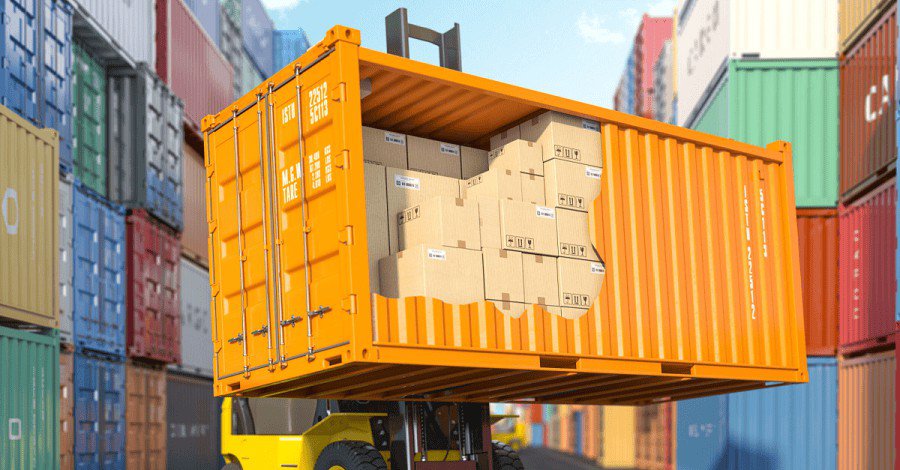
The geopolitical tensions between Iran and Israel have reverberated across the international stage, raising concerns about their implications for global trade. As India emerges as a key player in the global export market, the conflict between these two Middle Eastern powers has the potential to disrupt India's trade relations, particularly with Europe. In this blog, we explore the intricate dynamics of India's exports to Europe in the context of the Iran-Israel conflict, analyzing the possible challenges and strategies for navigating through this complex geopolitical landscape.
Understanding the Iran-Israel Conflict
The longstanding rivalry between Iran and Israel is rooted in historical, ideological, and geopolitical factors. Their conflicting interests in the Middle East, coupled with religious and regional power dynamics, have fueled tensions and sporadic confrontations over the years. Recent events, including military strikes, cyber-attacks, and covert operations, have heightened the animosity between the two nations, creating a volatile environment with far-reaching implications.
India's Trade Relations with Europe
Europe stands as one of India's largest trading partners, with bilateral trade volumes reaching significant heights in recent years. India exports a diverse range of goods to European countries, including textiles, pharmaceuticals, machinery, and automotive products, contributing substantially to its economic growth and industrial development. However, the evolving geopolitical landscape poses challenges to India's export-oriented economy, particularly in light of the Iran-Israel conflict.
Potential Impact on India's Exports to Europe
1. Energy Imports and Oil Prices: India relies heavily on oil imports from the Middle East, with Iran being a significant supplier. Any escalation of tensions between Iran and Israel could disrupt oil supplies from the region, leading to increased oil prices globally. Higher oil prices could inflate production costs and transportation expenses for Indian exporters, affecting their competitiveness in the European market.
2. Trade Routes and Maritime Security: The Iran-Israel conflict has implications for maritime security in the Arabian Sea and the Persian Gulf, crucial transit routes for India's trade with Europe. Heightened tensions may disrupt shipping lanes, delay cargo shipments, and raise insurance premiums for vessels navigating through volatile waters. Such disruptions could hamper the timely delivery of goods and increase logistical uncertainties for Indian exporters.
3. Political and Economic Uncertainty: Geopolitical tensions often breed economic uncertainty, affecting investor confidence and market sentiments. European buyers may exhibit caution in engaging with Indian exporters amidst escalating tensions in the Middle East, leading to hesitancy in placing orders or exploring alternative suppliers. This could dampen India's export prospects and hinder its efforts to diversify trade relations with European nations.
Mitigating Strategies for Indian Exporters
1. Diversification of Trade Partners: Indian exporters should consider diversifying their export destinations beyond Europe to mitigate the risks associated with geopolitical tensions in the Middle East. Exploring markets in Asia, Africa, and the Americas can provide alternative avenues for trade growth and reduce dependency on European markets during periods of uncertainty.
2. Supply Chain Resilience: Indian exporters should focus on enhancing the resilience of their supply chains by identifying alternative sources of raw materials, optimizing transportation routes, and establishing contingency plans for potential disruptions. Building flexibility into supply chain operations can help mitigate the impact of geopolitical risks on production schedules and delivery timelines.
3. Engagement with Government and Industry Stakeholders: Indian exporters can leverage government support and industry partnerships to navigate through challenging geopolitical environments. Collaborative efforts between government agencies, trade associations, and business chambers can facilitate dialogue, provide market intelligence, and advocate for policy measures to safeguard India's export interests amidst geopolitical uncertainties.
Conclusion
The Iran-Israel conflict poses significant challenges to India's exports to Europe, raising concerns about supply chain disruptions, market volatility, and geopolitical risks. Indian exporters must adopt a proactive approach to mitigate these challenges by diversifying trade partners, enhancing supply chain resilience, and engaging with relevant stakeholders. Despite the uncertainties inherent in geopolitical dynamics, India's export sector remains resilient and adaptable, capable of weathering the storm and emerging stronger in the face of adversity. By implementing strategic measures and leveraging opportunities for collaboration, Indian exporters can navigate through the complexities of the Iran-Israel conflict and sustain their growth trajectory in the European market.





 Get instant quote
and compare offers in real time
Get instant quote
and compare offers in real time